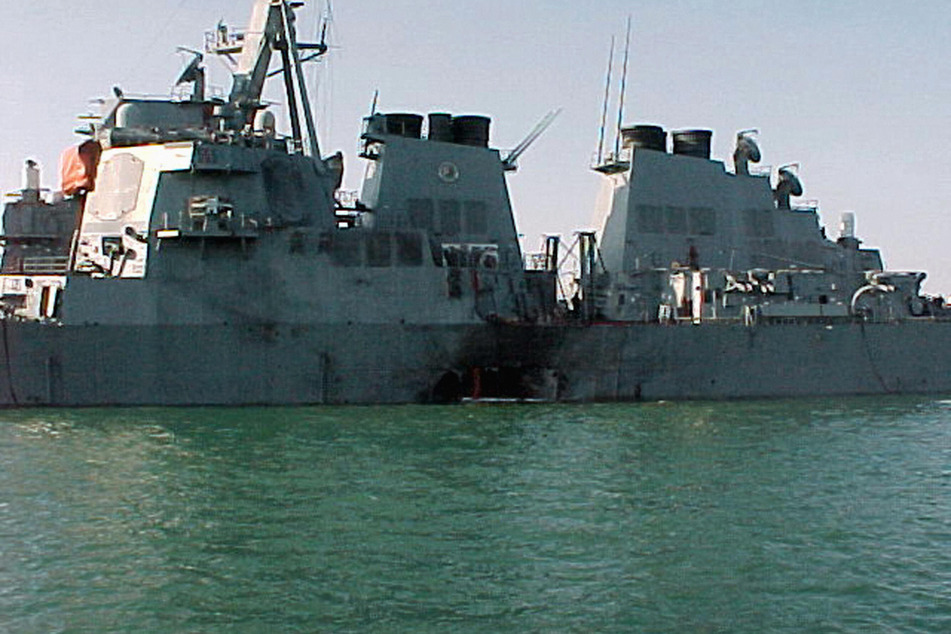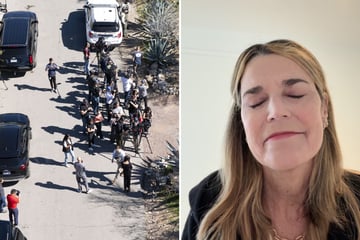Guantánamo judge hands down historic ruling on confession extracted through torture
Guantánamo Bay, Cuba - A US military judge ruled for the first time Friday that an Al-Qaeda bombing suspect's confession cannot be used as evidence because it was derived from torture, in a historic decision with big implications.

The judge in the Guantánamo Bay, Cuba US military tribunals said that a confession by Abd al-Rahim al-Nashiri, the alleged mastermind of the 2000 attack against the USS Cole in Yemen that left 17 dead, was tainted by years of horrific abuse at the hands of the CIA and FBI.
"Exclusion of such evidence is not without societal costs," wrote the judge, Col. Lanny Acosta.
"However, permitting the admission of evidence obtained by or derived from torture by the same government that seeks to prosecute and execute the accused may have even greater societal costs."
Nashiri's attorney Anthony Natale said the judge threw out the key evidence military prosecutors hoped to use to convict Nashiri.
The ruling left the long-running death penalty case mired in the pretrial phase, with no sign of when a full trial could begin.
Nashiri subjected to "years of physical and psychological torment"

Attorneys for both Nashiri and the five men accused of the 9/11 attack on the US have battled for more than a decade in the Guantánamo military court to exclude evidence against them derived from torture.
The six were captured separately after the 2001 attacks and shuttled through CIA-run "black sites" in countries such as Thailand and Poland where they were waterboarded and brutally beaten.
After they arrived at Gitmo, some like Nashiri were again tortured, including in early 2007, when the FBI interrogated him.
While prosecutors had argued that Nashiri was no longer affected by the impact of earlier torture sessions, the judge ruled that continued vicious treatment up to that interrogation simply extended "years of physical and psychological torment."
"The evidence supports a conclusion that the accused did what he was trained to do: comply," the ruling said.
Most of 9/11 evidence "derived from torture"
Nashiri (58) is charged with engineering the deadly attack on the USS Cole on October 12, 2000. He is also accused of the bombing of the crude carrier Limburg two years later in the same area, which left one person dead.
Natale stressed that the ruling only applies to Nashiri's case, and is not binding on any of the other judges overseeing cases in the Guantánamo military court.
But he said it creates "a template that others could try to replicate."
Alka Pradhan, an attorney for one of the five accused in the September 11 case, said it would impact the entire military court.
"The Nashiri ruling today is fundamentally destabilizing to the whole military commission system," she said in a social media post.
In both the 9/11 and Nashiri cases, she said, the bulk of prosecutors' evidence "was derived from torture at the CIA black sites whose effects were deliberately maintained through FBI interrogations at Guantánamo."
Cover photo: Collage: ABC WORLD NEWS TONIGHT / AFP & Thomas WATKINS / AFP

